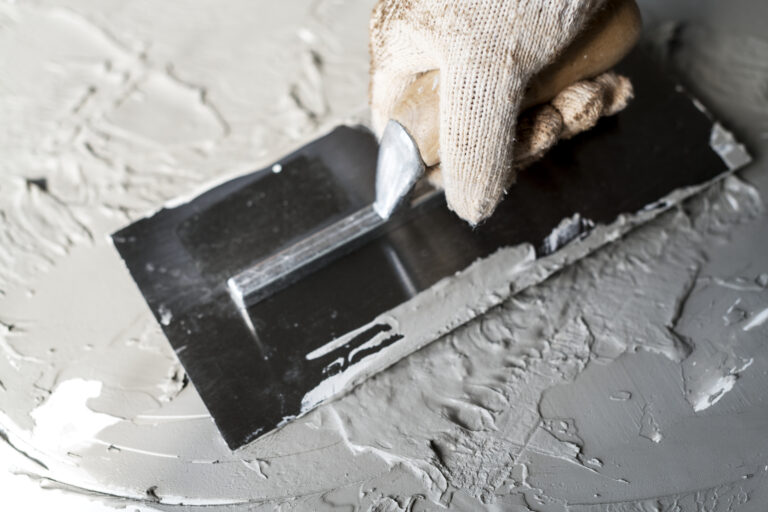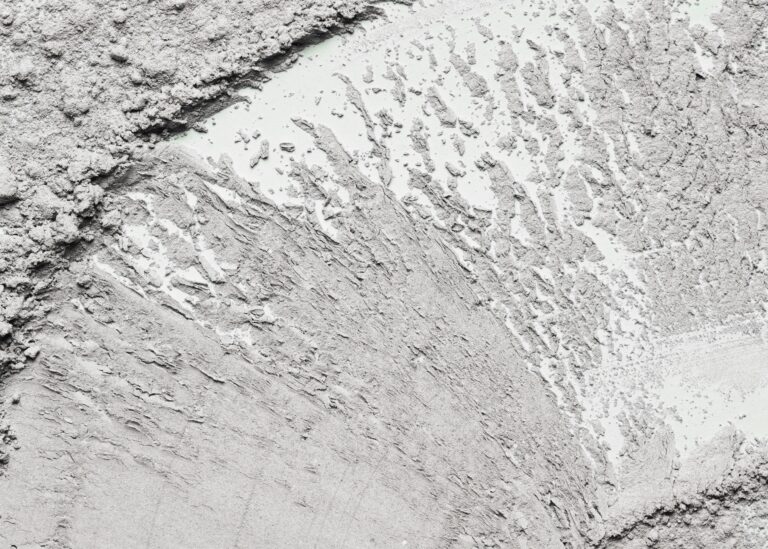Chemical additive systems: enhancing the properties of concrete and cement mortar
Chemical additive systems for concrete and cement mortar are a vital part of building and construction operations. These additives contribute to enhancing the properties of concrete and cement mortar, such as endurance, durability, shrinkage resistance, and reducing the setting period. In this article, we will take an overview of the types of chemical additives used in these systems and their benefits.
What are chemical additive systems?
Chemical additive systems refer to a group of chemicals that we add to concrete and cement mortar during the preparation or pouring processes. Chemical additive systems aim to improve and enhance the properties of concrete and cement mortar to suit the requirements of the final application.
The types and functions of chemical additive systems vary depending on the desired effect, environmental conditions and specific applications. These additives include retarding stabilizers and accelerating stabilizers to control curing time, strengthening stabilizers to increase durability, anti-shrink stabilizers to reduce cracking, and water and chemical resistant stabilizers to improve the material’s resistance to environmental aggressors.
Types of chemical additives used in concrete and cement mortar
1. Delay stabilizers: These additives are used to delay the initial hardening and hardening process of concrete and cement mortar. These stabilizers allow more time to carry out the necessary operations such as pouring, shaping and leveling.
2. Acceleration stabilizers: In contrast to delay stabilizers, accelerator stabilizers accelerate the hardening and initial hardening process. These stabilizers reduce waiting time and speed up construction processes.
3. Reinforcement stabilizers: These stabilizers are added to increase the endurance and durability of concrete and cement mortar. These stabilizers enhance all applications that require additional strength and stability.
4. Anti-shrinkage stabilizers: These additives aim to reduce shrinkage resulting from hardening processes. These stabilizers reduce shrinkage holes and improve the structural stability of concrete and cement mortar.
5. Waterproof stabilizers: These additives enhance the resistance of concrete and cement mortar to water and moisture. These stabilizers make concrete and cement mortar for use in exterior applications and wet areas.
6. Chemical resistant stabilizers: These additives are added to increase the resistance of concrete and cement mortar to harmful chemicals. These stabilizers make concrete and cement mortar suitable for use in industrial and laboratory environments.
The importance of enhancing the properties of concrete and cement mortar
Enhancing the properties of concrete and cement mortar is of great importance in the field of construction and civil engineering. This enhancement reflects positively on the structural and functional performance of buildings and facilities, which contributes to enhancing the safety and health of infrastructure and construction in the long term.
The importance of enhancing the properties of concrete and cement mortar is summarized as follows:
1. Improving and strengthening the structural durability of concrete and cement mortar, making them better withstand the pressures and loads placed on them. This helps achieve structural and mechanical stability of buildings and structures.
2. Improving the resistance of concrete and cement mortar to negative environmental factors such as chemical corrosion, thermal decomposition, and erosion to changing weather factors.
3. Reducing deformation and tearing in concrete and cement mortar. Deformation and tearing can result from heavy loads or sudden changes in temperature.
4. Increase the life span of concrete and cement mortar for a longer period without the need for costly maintenance or frequent repairs. This reduces maintenance costs and extends the life of the facilities.
5. Reinforcing concrete and cement mortar by adding additional materials at a low cost, which saves construction costs in general and increases the efficiency of using building materials.
In conclusion, chemical additive systems play a critical role in enhancing the properties of concrete and cement mortar and improving their performance in a variety of building applications. These additions provide the opportunity to provide the desired features and achieve optimal results in every project. It also plays a major role in developing building applications to meet construction and engineering requirements.




